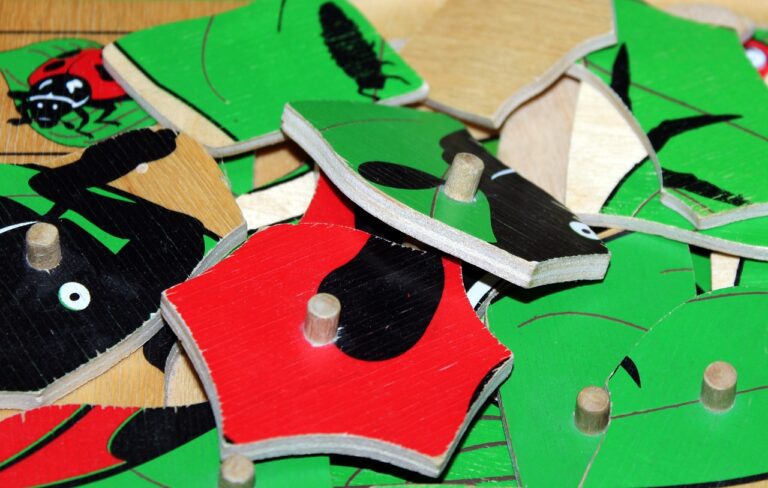Promoting Healthy Eating Habits in Early Childhood Education: Silverexch, Goldenexch. Bet, Betbook247
silverexch, goldenexch. bet, betbook247: Promoting healthy eating habits in early childhood education is crucial for laying the foundation for a lifetime of good health. As educators and caregivers, we play a significant role in shaping the eating behaviors of young children. By incorporating healthy eating practices into early childhood education programs, we can help children develop healthy habits that will stay with them throughout their lives.
Introducing children to a variety of nutritious foods at a young age can help them establish preferences for healthy options. By offering a diverse range of fruits, vegetables, whole grains, and lean proteins, we can help children develop a taste for nutritious foods early on. Encouraging children to try new foods and modeling positive eating behaviors can also shape their attitudes towards food in a positive way.
Incorporating nutrition education into the curriculum can help children understand the importance of making healthy food choices. Teaching children about the benefits of different food groups, the importance of eating a balanced diet, and how to make healthy snack choices can empower them to make informed decisions about their food intake. By including lessons on portion sizes, reading food labels, and meal planning, we can equip children with the knowledge and skills they need to make healthy choices.
Creating a positive eating environment is essential for promoting healthy eating habits in early childhood education. Providing regular meal and snack times, promoting family-style dining, and involving children in meal preparation can all help create a positive and engaging eating experience. By making mealtimes enjoyable and stress-free, we can encourage children to develop healthy eating habits and positive attitudes towards food.
Encouraging physical activity as part of a healthy lifestyle can also complement efforts to promote healthy eating habits in early childhood education. Regular exercise not only helps children maintain a healthy weight but also promotes overall physical and mental well-being. By incorporating physical activity into the daily routine, we can help children develop a holistic approach to health and wellness.
In conclusion, promoting healthy eating habits in early childhood education is essential for setting children up for a lifetime of good health. By introducing nutritious foods, providing nutrition education, creating a positive eating environment, and encouraging physical activity, we can help children develop healthy habits that will benefit them for years to come.
FAQs
1. How can I encourage my child to try new foods?
Encouraging children to try new foods can be a challenge, but there are several strategies you can try. Offer small tastes of new foods alongside familiar favorites, involve children in meal preparation, and role model positive eating behaviors.
2. How can I teach my child about nutrition?
You can teach children about nutrition by incorporating age-appropriate lessons into their curriculum, discussing the benefits of different food groups, and providing opportunities for hands-on learning, such as cooking activities.
3. What are some healthy snack options for children?
Healthy snack options for children include fruits, vegetables, whole grain crackers, cheese, yogurt, nuts, and seeds. Avoiding sugary snacks and opting for nutrient-dense options can help children maintain energy levels and support their overall health.







